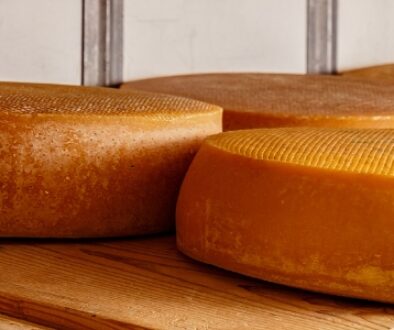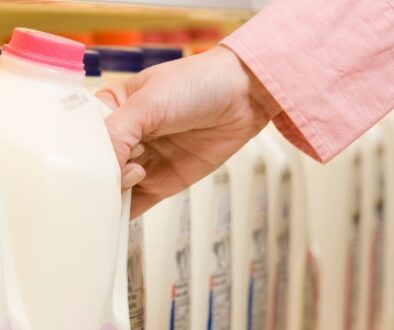Food Sector Faces Downside Risks in 2020
As we head deeper into 2020, there are a number of downside risks that could threaten profitability should they come into play. Many food-related businesses know all too well the reality of working with thin margins. The good news is that the food sector is generally performing well, protected somewhat by its non-cyclical nature. No matter what’s happening on the geopolitical stage, people are going to eat. The bad news is that as we head deeper into 2020, there are a number of downside risks that could threaten profitability should they come into play.
According to a recent report on the food sector released by Atradius, a trade credit insurer, these risks include:
Increasing Competition, Declining Margins
Profit margins are deteriorating for many businesses in the food sector. Rising input and labor costs are major factors, as is fierce competition. Consumers have more choices than ever before when it comes to where they shop and what they purchase. Loyalty to brands or banners are going by the wayside. Price, convenience, healthy choices and traceability are driving consumer preferences. Input costs continue to rise but manufacturers are overall hesitant to pass those costs along to consumers – further threatening profit margins and weighing heavily on suppliers along the food supply chain.
Atradius anticipates an increase in payment delays and insolvencies for the sector globally in 2020. A hard Brexit could meaningfully impact the sector in the UK where food sector insolvencies are expected to rise approximately 8 percent year-over-year.
New Trade Barriers
U.S. retaliatory tariffs on EU food imports as a response to the WTO Airbus subsidy case threaten multiple subsectors of the industry. So far, French beverage and food exports, Italian cheeses, liquors, and Scottish whiskey have been targeted. Should an escalation in the tariffs occur, Dutch beverages and Irish whiskey could also come under pressure. For now, the potential economic damage of these tariffs is difficult to quantify and is largely country-specific. In Italy, for instance, the U.S. accounts for just 10 percent of its food exports, limiting the potential impact.
Uncertainty continues to loom large, as it’s still unclear what will happen with the U.S.-China trade war and U.S. retaliatory tariffs on EU products. Brexit is another source of uncertainty and could disrupt the entire supply chain across the EU.
Disease Outbreaks
Disease outbreaks in the food chain can cost companies billions of dollars, not only as a result of recalls, suspended shipments and lawsuits but also via international food trade. Countries have banned certain imports due to food contamination, which could impact business greatly or even cause bankruptcies. For example, the African swine fever epidemic has significantly impacted global supply chains throughout the pork segment of the food industry, materially influencing pricing dynamics.
Changing Consumer Preferences
Consumer habits are shifting in a number of ways, and firms that fail to keep up will struggle to remain profitable. New products are born from consumer demand, with manufacturers competing to proactively forecast and rapidly respond to consumer preferences
Consumers are increasingly demanding full transparency, often fueled by health and environmental concerns. The rise in foodborne illnesses is one major factor: in 2019, for instance, there were several high-profile outbreaks and recalls linked to lettuce, chicken strips, and flour. Traceability is a key factor in determining the cause of these outbreaks and reducing their impact. Consumers want to know where their food comes from, how it was produced, the environmental impact of the manufacturing process, and how it is packaged. Climate change and ecological concerns are also shifting eating habits, as consumers turn away from meat-based protein and toward fish, seafood and plant-based protein.
Finally, health concerns are driving consumers to choose products with fewer additives and artificial colors and flavors. As healthier products are gaining market share, legacy brands and products are falling behind. Recent years have seen an increase in mergers and acquisitions, as brands are attempting to strengthen their position by joining forces. That’s what Kraft Heinz did in 2015, but so far the move hasn’t been a success, as shares have been plunging due to the company’s failure to adapt to new consumer preferences. Consolidation is expected to continue throughout the industry given the current competitive environment and the evolving distribution model.
Firms need to be aware of these and other downside risks facing the food industry. Financial strength, competitive positioning, and adaptability will define the path ahead for companies looking to ensure a long-term sustainable business model.
Source: Food Manufacturing




